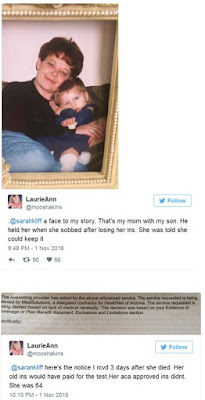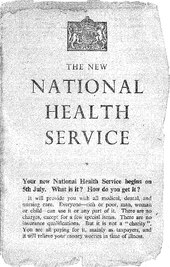Now and then, we go off-topic to congratulate and thank companies which go above and beyond in servicing their customers. Sometimes, it's as simple as actually fulfilling a promise, but with alacrity and a pleasant voice. This time, it's that, plus just a really great attitude. My only regret is that I didn't write down the name of the delightful young lady who provided this amazing service.
As far back as I can remember, we've always used, and enjoyed, Pyrex brand glass measuring cups for cooking, baking, you name it. We have a decent set: 1, 2, 4 and 8 cup versions, all in regular service, all go into the dishwasher after use.
A few months ago, we noticed that the lines on the 8 cup unit had faded (which was weird), but these aren't big-ticket items, so we popped over to the local purveyor and picked up a replacement. Fast forward a few months, and this weekend we took it out to use it, only to find that the entire bottom half was missing its lines.
This was unacceptable.
So this morning, I called up the Pyrex folks to lodge a complaint.
The young lady who answered (dang it! I am so disappointed that I forgot to write down her name) could not have been more delightful, professional or helpful. She agreed that this wasn't supposed to happen "they're dishwasher safe!" and immediately offered to send a replacement. Again, this is really how things are supposed to go, but I had no receipt or proof of purchase (or damage). I've always been pleased with the product, now I'm delighted with the service.
Thanks and kudos, Pyrex!
As far back as I can remember, we've always used, and enjoyed, Pyrex brand glass measuring cups for cooking, baking, you name it. We have a decent set: 1, 2, 4 and 8 cup versions, all in regular service, all go into the dishwasher after use.
A few months ago, we noticed that the lines on the 8 cup unit had faded (which was weird), but these aren't big-ticket items, so we popped over to the local purveyor and picked up a replacement. Fast forward a few months, and this weekend we took it out to use it, only to find that the entire bottom half was missing its lines.
This was unacceptable.
So this morning, I called up the Pyrex folks to lodge a complaint.
The young lady who answered (dang it! I am so disappointed that I forgot to write down her name) could not have been more delightful, professional or helpful. She agreed that this wasn't supposed to happen "they're dishwasher safe!" and immediately offered to send a replacement. Again, this is really how things are supposed to go, but I had no receipt or proof of purchase (or damage). I've always been pleased with the product, now I'm delighted with the service.
Thanks and kudos, Pyrex!
















